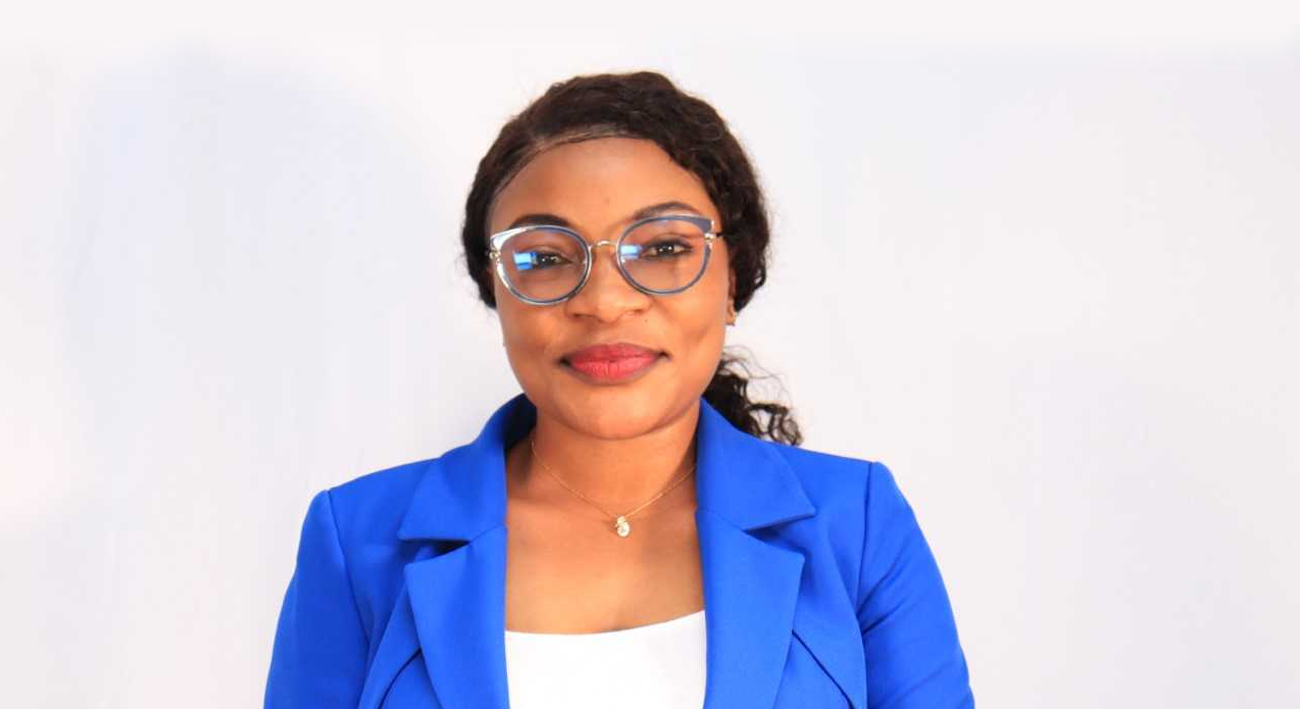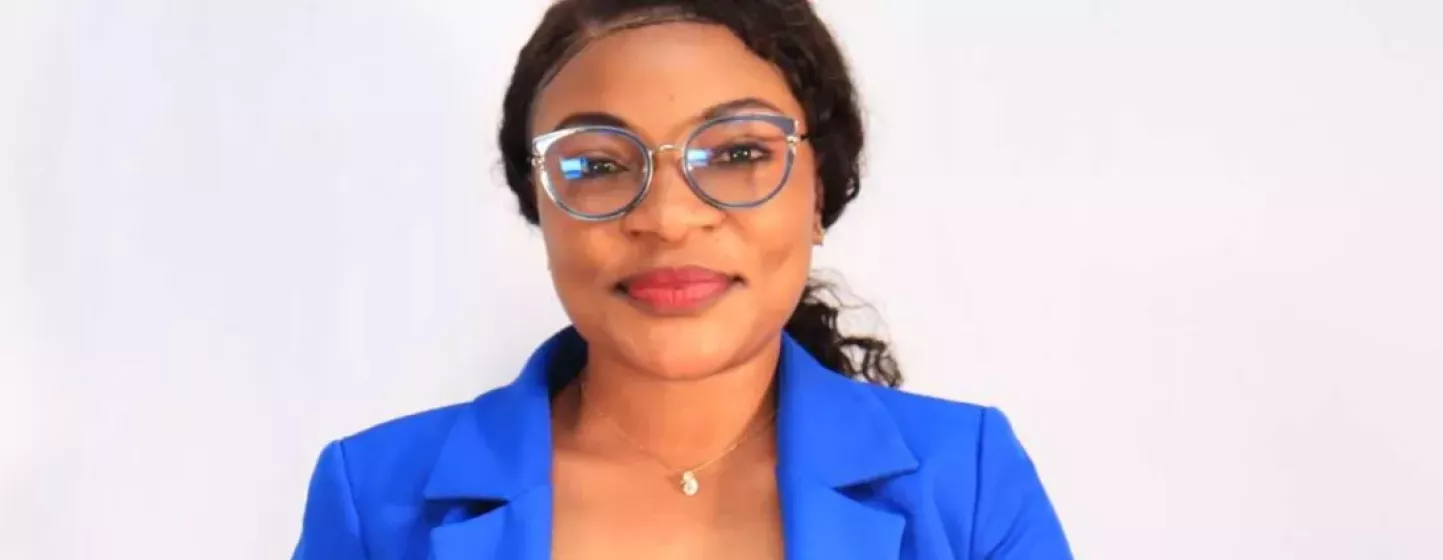Marthe Akissi: "We need to talk about environmental issues before we're completely screwed!"
At Radiodiffusion Télévision Ivoirienne (RTI), Marthe Akissi produces reports and conducts investigations into health and environmental issues. She has already won a number of awards, including the Prix Eco-Reportages, a prize for environmental reporting, which she was awarded by the Drôme-Ardèche press club (France) in 2022. Interview by Emmanuel de Solère Stintzy.
As a journalist, why did you choose to specialise in health and the environment?
I talk about health and the environment in my reports, because these two topics are linked. For example, mining is a virus that has infected almost the whole of Côte d'Ivoire! Gold can be found everywhere in our country, but its exploitation is devastating our forest resources. In addition, the use of mercury, a toxic metal, contaminates waterways, soil and our food... We need to talk about it before we're completely screwed! The training provided within the scope of CFI's Terra Africa project on environmental issues taught us techniques based on solutions journalism in particular, which will help us to create more in-depth productions.
How can journalism help to combat environmental injustices?
Through our reports, we can give a voice and reliable information on their rights to vulnerable communities affected by these injustices. We also encourage governments to make fair decisions. I remember a report I did on the border with Ghana in an Ivorian community impacted by mercury mining. After my investigation was published, a delegation from the Ivorian Environment ministry travelled to Ghana to hold discussions with the authorities there. This is a step in the right direction, even if the problem has not been fully resolved.
What do you think are the key challenges that journalists need to overcome with regard to environmental issues?
First of all, we need to familiarise ourselves with the basic concepts: environment, global warming, etc. We therefore need specialist training. Another challenge is that our superiors in our editorial offices need to start considering environmental issues a priority. Lastly, we need to consider the impact of our reports and how to popularise them.
Before doing so, when we investigate, it is important that we see ourselves as members of the community affected by environmental injustice. We need to use tact to encourage people to speak so that we can help them to solve their problems and those being suffered by other communities.
Contacts (NGOs, researchers, etc.) and networking are also important if we are to talk about these cross-cutting and cross-border issues. That is why I am a member of Africa 21 (a network of African journalists focusing on sustainable development and climate change) and Cenozo (the Norbert Zongo Cell for Investigative Journalism in West Africa).

